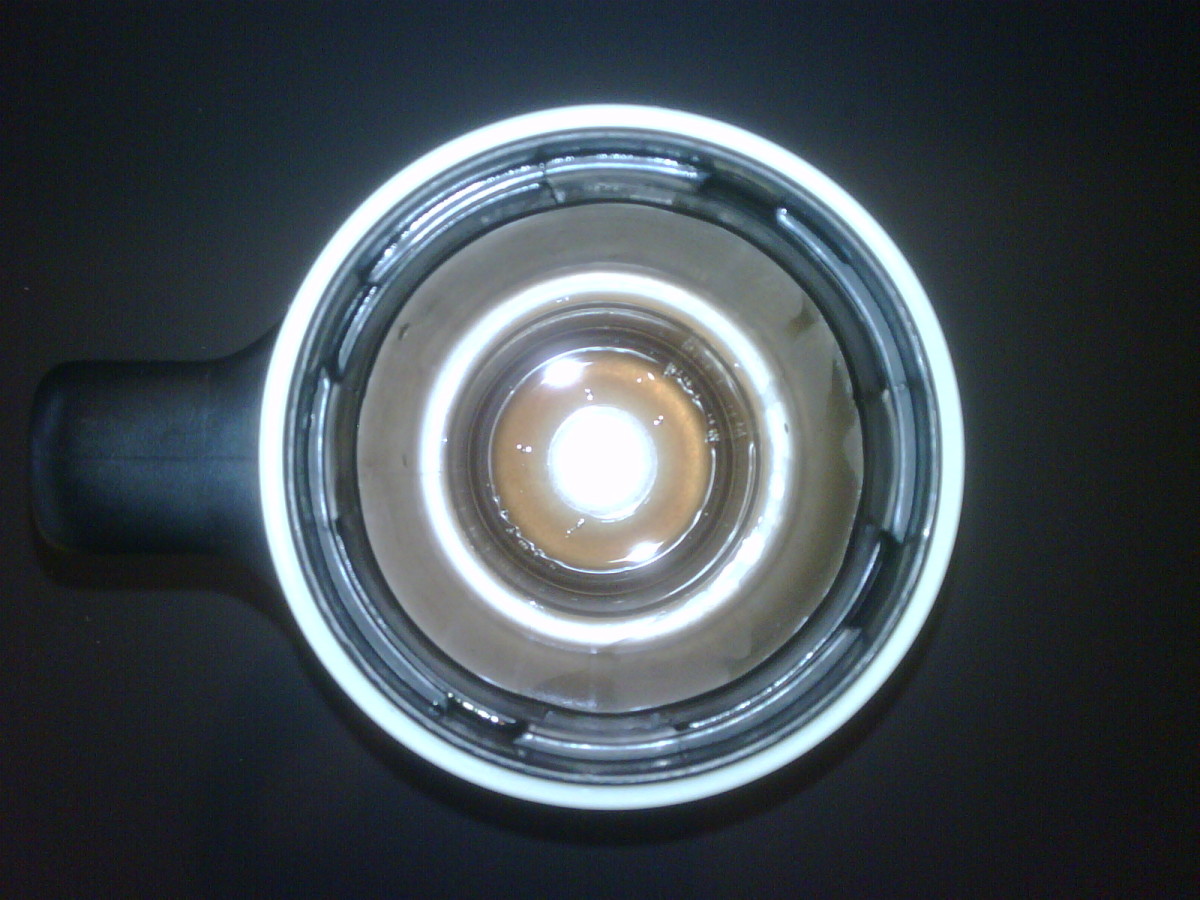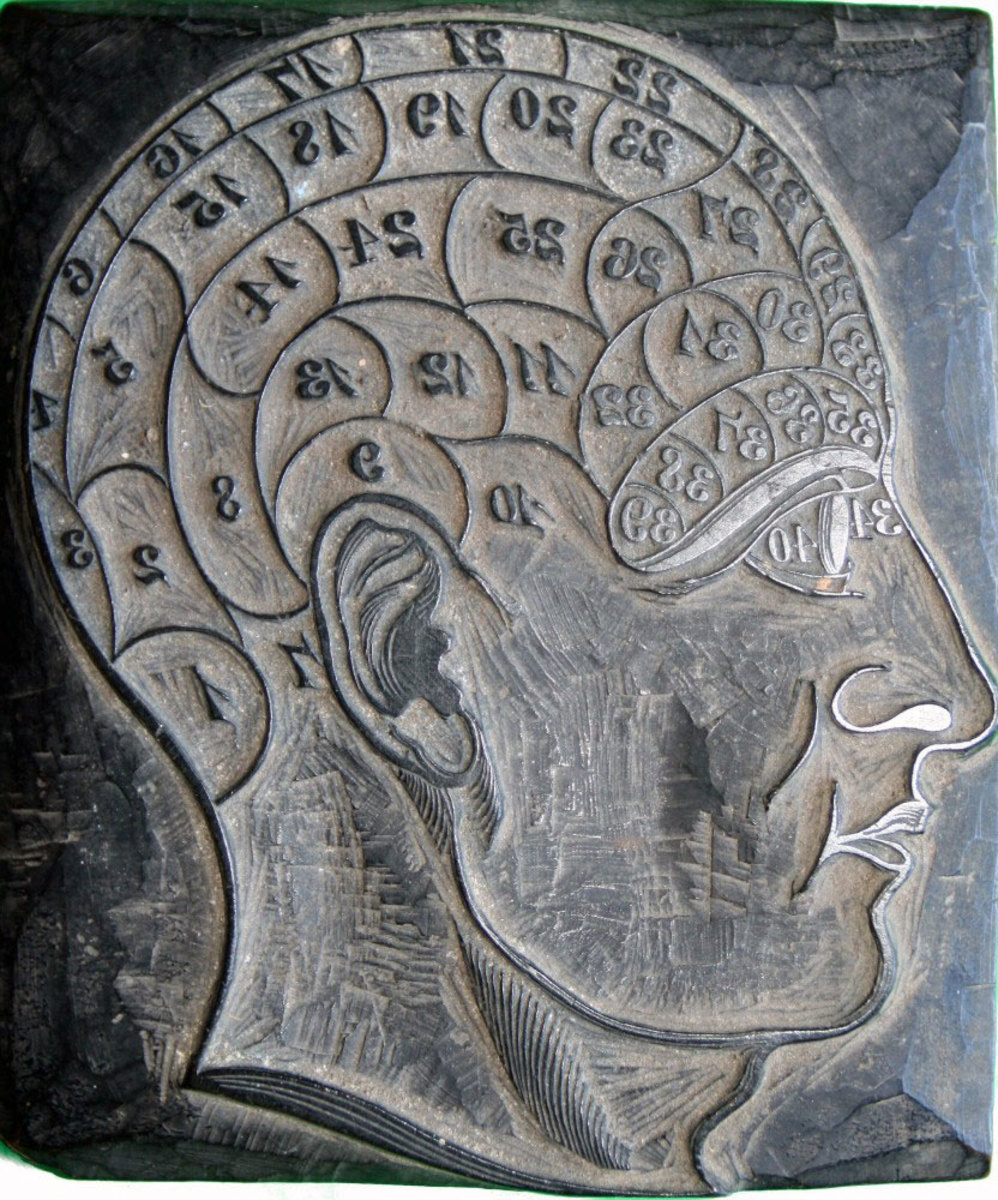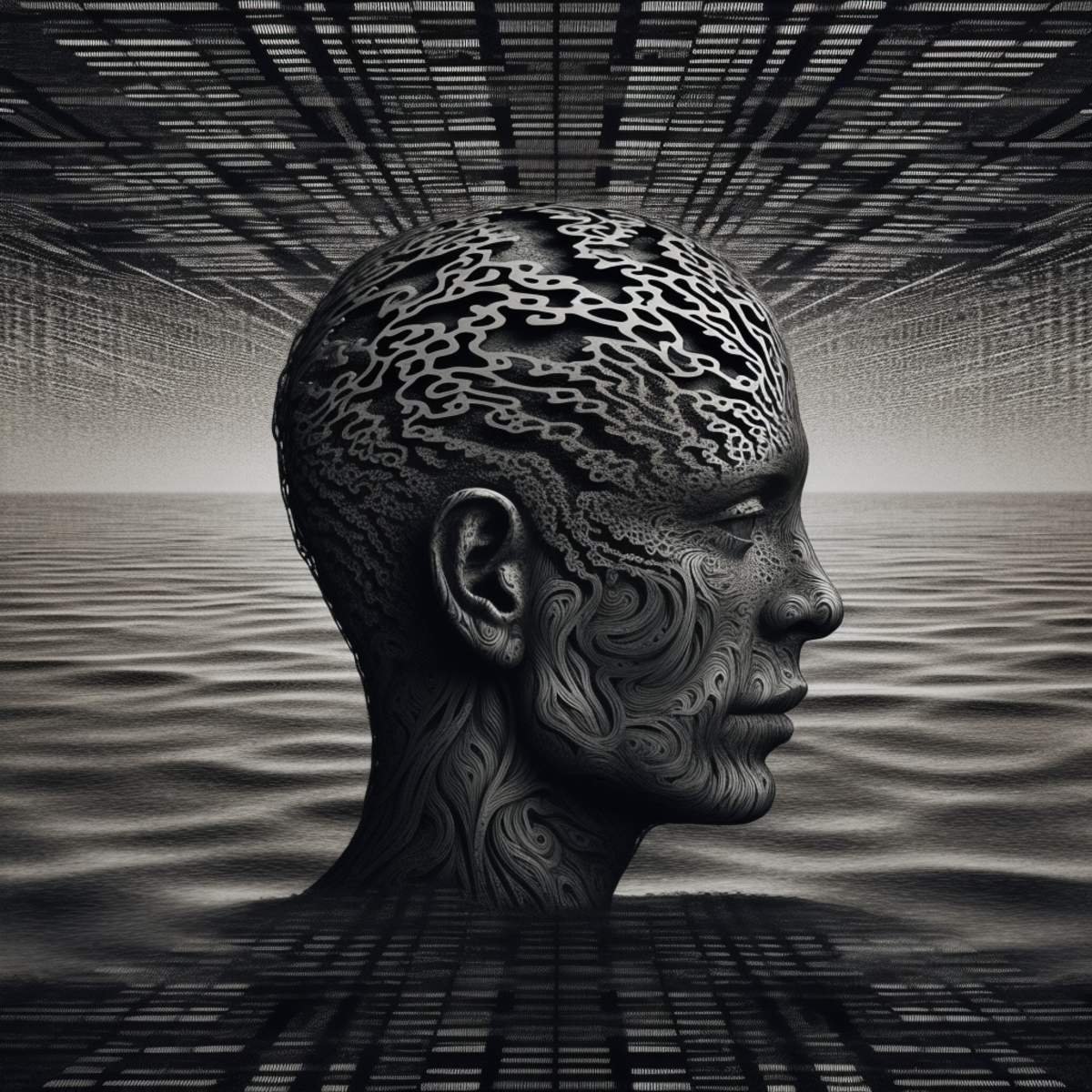The Identity of Information
We do it all the time, without realizing it.
I wasn't even sure where to start with this idea, and I'm not even sure if this is already an established mode of thought, but it occurred to me that this isn't necessarily a new idea. Humanity has been doing this for thousands of years, whether or not we have formally recognized it. I don't plan to go into extreme detail, and so this will be a short hub about the topic, mostly because I couldn't really fit this into any other format. I just didn't know what to do with this idea.
Basically the idea is summed up in the Rifleman's Creed, popularized by the movie Full Metal Jacket: This is my rifle. There are many like it, but this one is mine.
Any object, whether it is physical or conceptual, can be identified by multiple sentient observers. Relativistically speaking, your green is not my green, but absolutely speaking we're talking about the same color. You may not actually see the same exact color or shade that I do, but we can both point to an object and agree that it is indeed the same thing. It is "that thing, right there, right now".
Because while quantification of information is a method of identification of information, it is not the identity of that information. This doesn't change much if the object being identified, is a sentient one. What I mean by that is, we both may be able to talk about John Smith and have a different personal opinion of him, but his identity is his own no matter what we think about him. He is John Smith, born in Anytown, Anystate. Even if John Smith has an identical twin, John Smith is not his twin.
The same way that John Smith has his own identity, though, is the same way inanimate objects have their own identity. You might have many coffee mugs, but you might have a favorite one.
Throughout history humans have been doing this. Looking back to the ancient Mid-East region, we see that while there are many gods and goddesses, there are specific ones that relate to specific cultures. So while some people might classify them all as "basically the same", they are uniquely not the same. They might all be deities, but they are not all the same deity. Even if someone wanted to make the argument that they were basically the same, there can be no denying the uniqueness of each one, particular to the culture which they were associated with. Otherwise there would probably have been a lot less bloodshed at the time, if they could all agree on whom they were serving, and why, and how, etc.. Right?
Going back to the favorite coffee mug analogy, while all coffee mugs have the same function, not every coffee mug is good at being a coffee mug. Perhaps my particular coffee mug was painted my favorite color, which is why it is my "favorite coffee mug", but it is also made out of a material that is a very good insulator. It keeps the coffee warmer, for a longer period of time. It's also larger than most other coffee mugs, holding more liquid.
Each "layer" an "object" has, makes it uniquely identifiable to each unique sentient observer.
The moral of the story is...
I'm not sure what the moral of the story is. I could tell you that I found some great and mystical truth, but that would be a lie. So the saying goes, perhaps the guy who broke his leg prevented him from going into combat, thereby saving his life. Or maybe he just broke his leg for no reason what-so-ever. We'll see. Right? Maybe we will not ever know.
Working with unknowns, or variables, works much the same way with definable information. I might tell you that I have a favorite coffee mug, but I never identify which one it is. You just know that I have a favorite coffee mug. To complicate things, this coffee mug might not even exist yet, or ever. Perhaps my favorite coffee mug never runs out of coffee, and every time I take a sip it's the best tasting coffee I've ever had.
My quest for the perfect coffee mug, is much like the quest of Jason and the Argonauts looking for the golden fleece. You may understand the story, and you may have your own interpretation of it, but that only matters for you. What matters is that there may be many coffee mugs, but this one is mine. Even if it isn't a real physical object, it's still mine, and there is nothing you could do to take it away from me.
We don't even have to agree to disagree. We can disagree simply to spite each other. What can not be denied, however, is that my preference for a beverage container exists. It doesn't even matter if you know that beverage containers exist, or that I have a preference for a particular one. The identity of my favorite one makes it uniquely identifiable to me.
If I had to put a label on this concept or idea, it would be along the lines of "relativistic absolutism". And that's the moral of the story. I think.





